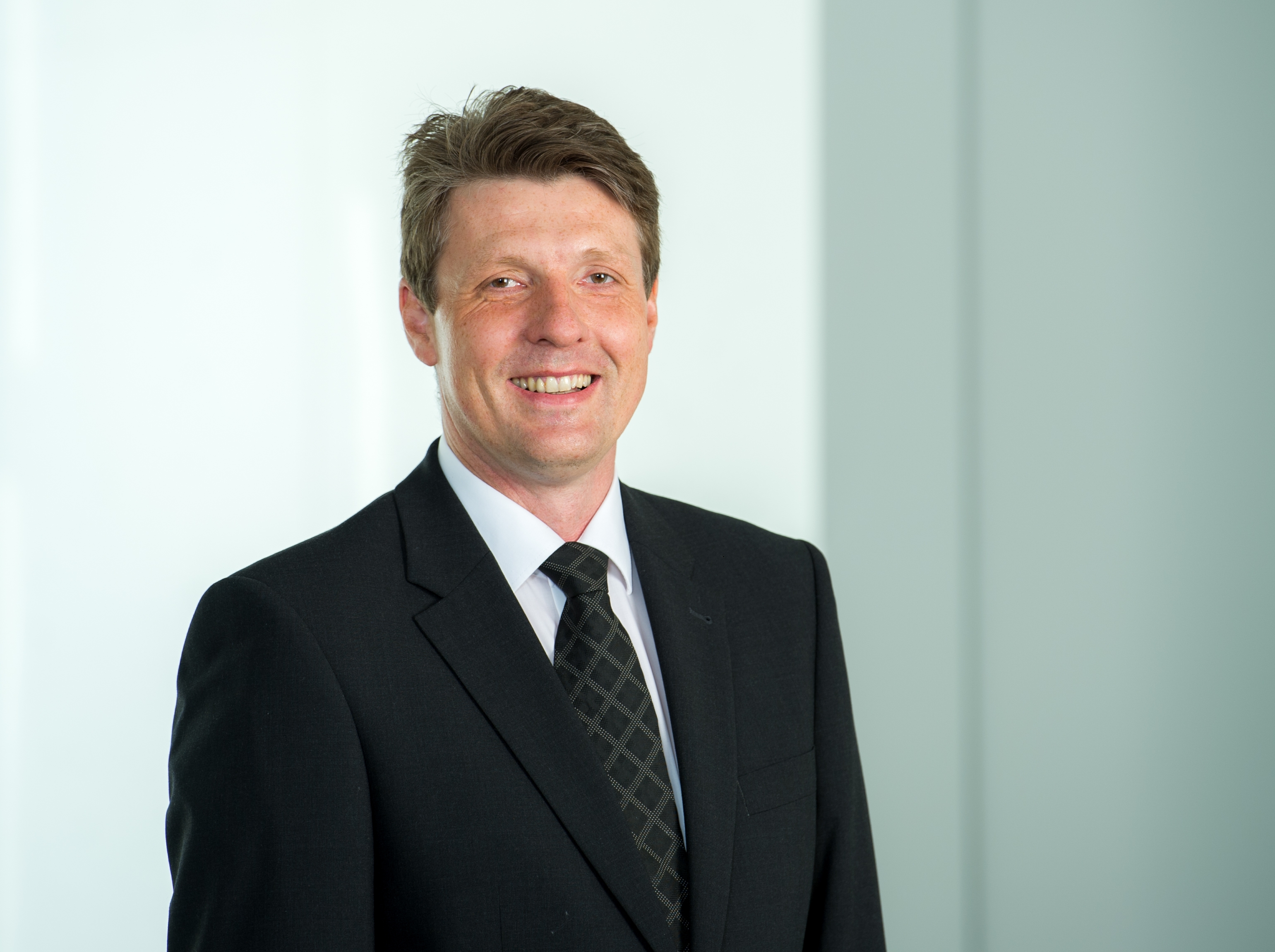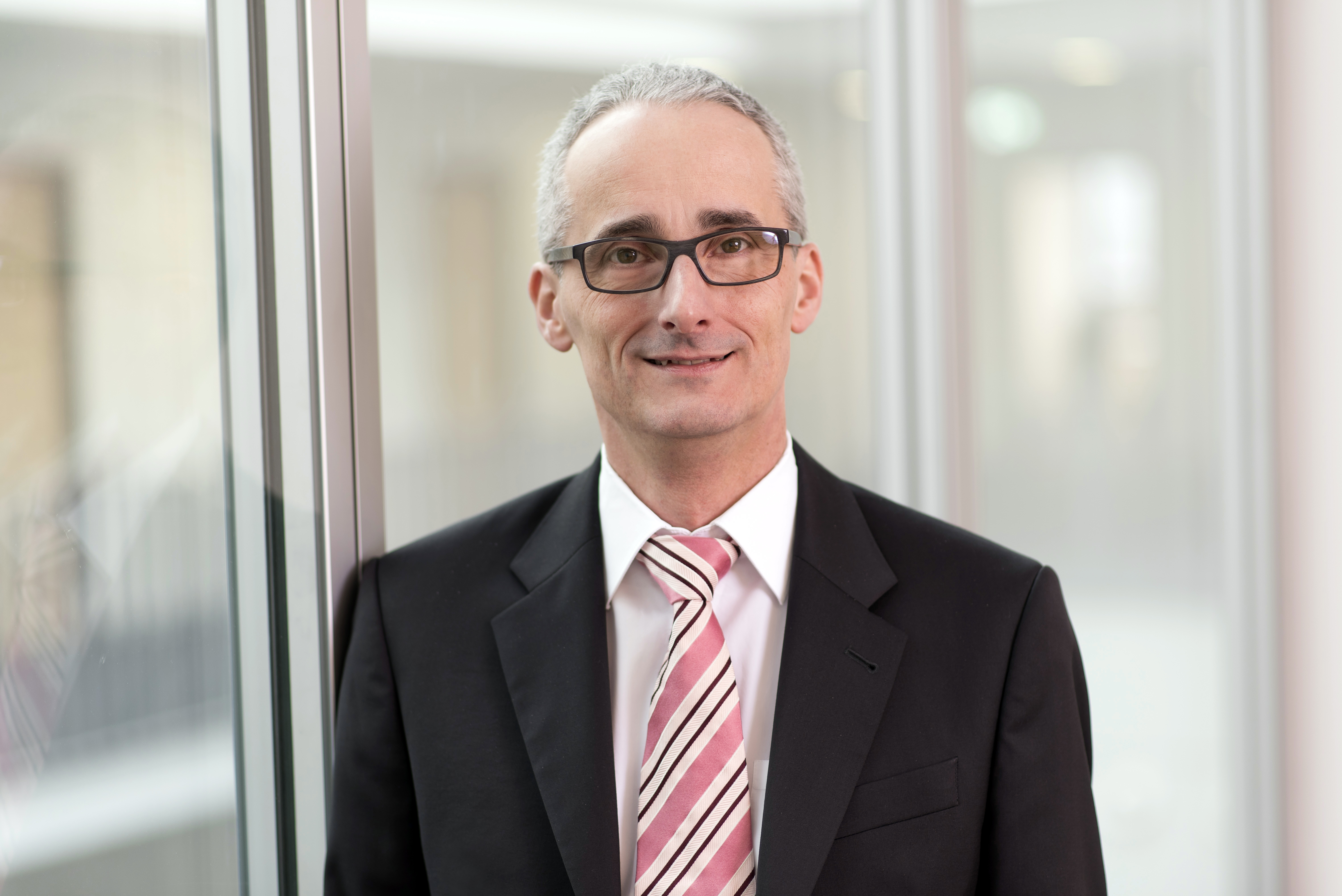Ralf Wehrspohn is the New Chairman of the Fraunhofer Group MATERIALS
The Fraunhofer Group for Materials and Components – MATERIALS has a new Chairman: Prof. Ralf B. Wehrspohn, Head of the Fraunhofer Institute for Microstructure of Materials and Systems IMWS, is assuming this position as of today. The new Vice Chairman will be Prof. Bernd Mayer, Institute Director at the Fraunhofer Institute for Manufacturing Technology and Advanced Materials IFAM.


The Fraunhofer Group for Materials and Components – MATERIALS combines the competences of the 16 material-science-oriented institutes of the Fraunhofer Society. That allows them to cover the entire value chain, from developing new materials and improving existing materials for manufacturing processes at the quasi-industrial scale to characterizing material properties and analyzing the application behavior of components and systems. Industrial and public-sector partners support the Group as an excellent R&D network. The Group’s approximately 2,200 researchers particularly contribute their know-how in the areas of energy & the environment, mobility, health, machine & plant building, construction & residential buildings, microsystem technology and security.
Prof. Ralf B. Wehrspohn, who has been the Head of the Fraunhofer IMWS in Halle (Saale) since 2006, was previously the Vice Chairman of the Group. As of October 1, he was unanimously elected by the Group members as the new Chairman of the Fraunhofer Group MATERIALS, and appointed by the Fraunhofer Senate for a three-year term. He is succeeding Prof. Peter Elsner, Head of the Fraunhofer Institute for Chemical Technology ICT in Pfinztal. The new Vice Chairman of the Group will be Prof. Bernd Mayer, one of the two Institute Directors of the Fraunhofer IFAM in Bremen.
“I am very much looking forward to this new role, and I want to warmly thank my predecessor Peter Elsner. His work played a key role in positioning the Fraunhofer Group MATERIALS as a reliable and creative partner for the industry,” says Wehrspohn. During his term, he hopes to focus on the digitization of materials and to raise awareness about the importance of material science and material technology. “In Germany, the material cost share in the processing industry is 35-55 percent. We can use research and development to achieve significant efficiency improvements here. That will have enormous benefits for us as an industrial hub, and will also help us use limited resources more efficiently and sustainably,” says the 48-year-old physicist.
One way that the MATERIALS Group promotes the issue of digitization is through the Materials Data Space® (MDS) initiative. The goal of this initiative is to make materials and/or material-intensive value chains Industry 4.0-compatible. In its position paper of the same name, the Group explains how the concept of “Digital Material Twins” can create the basis for material development, manufacturing and processing within Industry 4.0 on a digital, ideally inter-company platform. That will allow for shorter development times, learning manufacturing processes and completely new business models. In addition, there is enormous potential for material efficiency, production efficiency and recycling. “This approach has already met with great interest from the companies. Our goal is to set the global standards for digitizing materials, which will ensure an excellent competitive position for German companies,” says Wehrspohn.
Prof. Bernd Mayer, who has led the Adhesive Bonding Technology and Surfaces division at the Institute since 2010, emphasizes the importance of extensive collaboration within the Group. This allows for a great breadth of specialized competences as well as an impressive depth of expertise, which he says also benefits the group’s customers and partners. “Digitization, for instance, offers great opportunities, but also requires a great deal of research – for example when it comes to developing ‘programmable materials’ or working to create more resource efficiency in order to secure prosperity and a high quality of living for future generations as well. Our Group wants to be not just an advisor and service provider, but also the engine for these developments.”